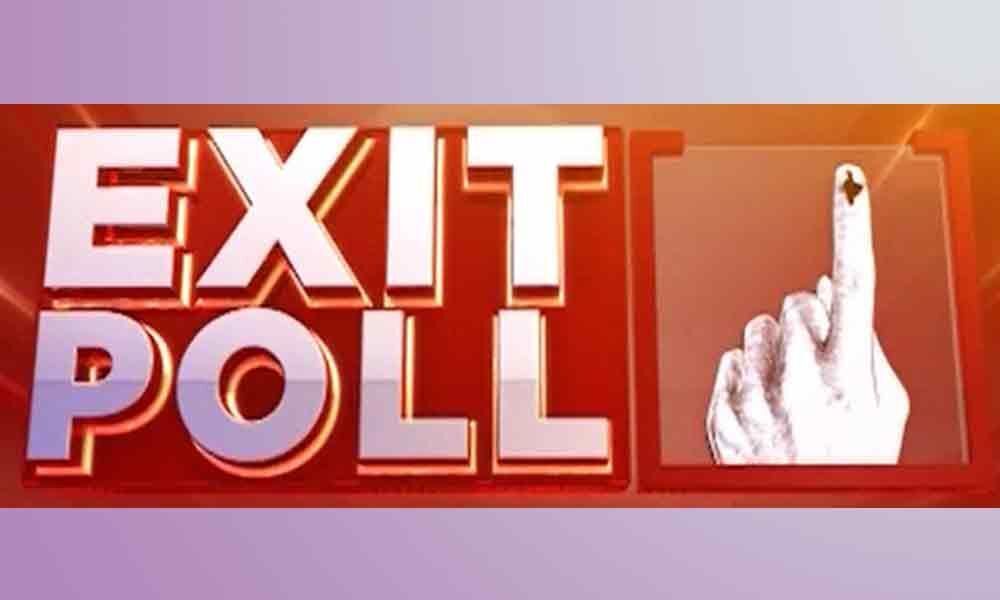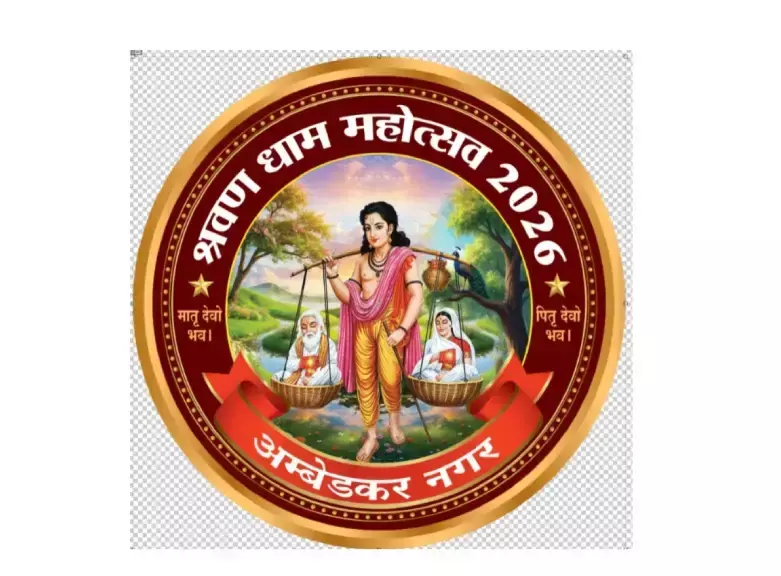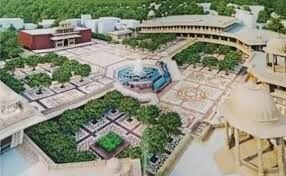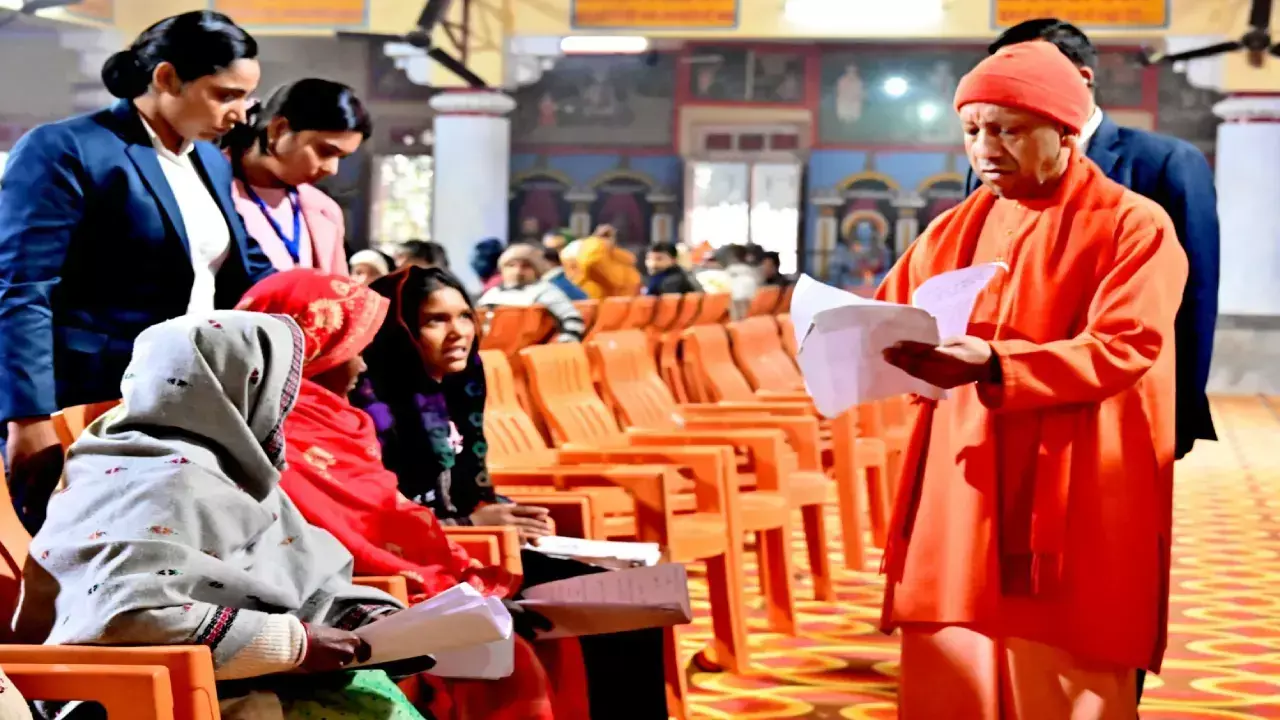Exit polls : How accurate are they

With the 7-phase Lok Sabha elections coming to a close, the embargo on the broadcast of exit polls will be lifted on at 6.30 pm on Sunday.
New Delhi: With the 7-phase Lok Sabha elections coming to a close, the embargo on the broadcast of exit polls will be lifted on at 6.30 pm on Sunday. The election results will be declared on May 23.
The exit polls in India were almost indigenously developed by the pioneering Delhi-based Centre for the Study of Developing Societies (CSDS) in the 1960s.
The first serious media poll surveys started surfacing in the 1980s, with psephologist Prannoy Roy teaming up with David Butler.
Once polling concludes, various national pollsters — News18-IPSOS, India Today-Axis, Times Now-CNX, NewsX-Neta, Republic-Jan Ki Baat, Republic-CVoter, ABP-CSDS and Today's Chanakya — will release their predictions after 6 pm on Sunday.
The exit polls can be controversial if the agency conducting them is perceived to be biased.
As per critics, the projections of these surveys can be influenced by the choice, wording and timing of the questions, and by the nature of the sample drawn.
Political parties often allege that many exit polls are motivated and sponsored by their rivals.
There have been several instances when the exit polls predicted the verdict of an election incorrectly.
At least four Lok Sabha elections show exit polls have suffered wide inaccuracies, barring those in the 1998 and 2014 general polls.
Two back-to-back flawed predictions in the 2004 and 2009 exit polls had even posed a question mark on their reliability.
In the 1999 elections, forced by an early collapse of the government led by BJP's Atal Bihari Vajpayee, most polls overrated the National Democratic Alliance's (NDA's) win.
The exit polls in 2004, however, were a glaring failure. All pollsters did not see the Congress clawing back.
While some forecast a swing in favour of the incumbent BJP, others saw only a minor dip in its tally. But all exit polls predicted a win for the BJP.
In 2009, the exit polls were also not quite spot on. Although most predictions put the United Progressive Alliance (UPA) ahead, they entirely missed the key trend: Big swings in its favour.
The UPA bagged 40 more seats without necessarily adding anything to its vote share.
In 2014, the exit polls had put the BJP's prime ministerial nominee Narendra Modi on course to be India's prime minister, with his BJP-led NDA predicted to get past the 272-mark — the simple majority needed in the 543-member Lok Sabha to form the government.
The Congress was shown to be looking at its worst tally of below 100.
Most exit polls showed the BJP's gain in seats rode on a rising vote share, overtaking that of the Congress for the first time.
For instance, the CNN-IBN poll said the BJP-led alliance could get 261-283 seats and put the BJP's vote share at 34%, up 20 percentage points, against Congress' 25.5%.
The ABP-AC Nielsen poll gave NDA 281, but TimesNow predicted 249 for the centre-right coalition and Headline Today 261 to 283, while pollster Chanakya foresaw a decisive 340 seats.
Another poll, by Cicero for the India Today group, showed the NDA gathering between 261 and 283 seats.
Most of the exit polls did not see the UPA alliance that was in power for 10 years getting less than 100 seats.
The Aam Aadmi Party (AAP), whose chief Arvind Kejriwal electrified the contest by challenging Modi in Varanasi, was shown getting up to seven seats, according to CNN-IBN-CSDS Lokniti prediction.
The ABP-Nielsen survey gave AAP, which made a sensational poll debut in Delhi last year, three seats — one in Maharashtra and two in the Capital.
Today's Chanakya was spot on for the second consecutive time in 2014 in predicting the final outcome of an election. It was the only exit poll that was closest to the verdict delivered by 505 million voters that year.
The political arm of the consumer research agency RNB Research had predicted 340 seats for the NDA with the BJP's share as 291 seats on May 12, 2014, the last date of the polls. It placed 70 for the UPA and 57 for the Congress.















